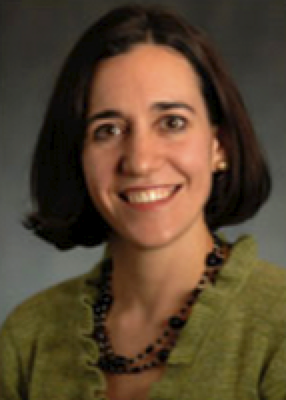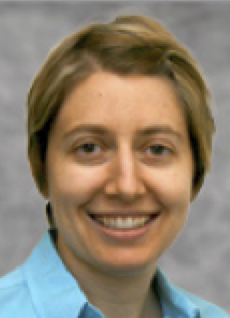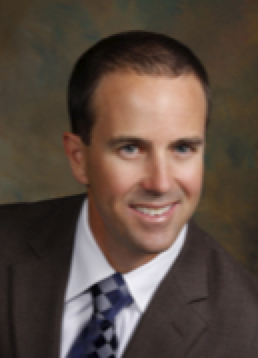In the coming days and weeks, we will highlight different sessions of the upcoming Oncofertility Conference, Critical Conversations in Oncofertility: Pediatrics and Beyond and our wonderful speakers.
Today, we’re sharing speaker bios for the Afternoon Session of November 3, 2015 which focuses on clinical research updates.
*********************************************************
 Gracia, MD, MSCE, Associate Professor of Obstetrics and Gynecology and Reproductive Endocrinologist, University of Pennsylvania
Gracia, MD, MSCE, Associate Professor of Obstetrics and Gynecology and Reproductive Endocrinologist, University of Pennsylvania
Presentation: Vitrification vs. Slow Freeze of Ovarian Tissue in Humans
Dr. Gracia is an NIH-funded clinical investigator in the area of reproductive aging. Her interests include the study of hormonal and symptomatic changes during the natural menopausal transition in female cancer patients. Specifically, she is evaluating fertility potential in pediatric and young adult female cancer survivors using pelvic ultrasonography and serum hormones. She is also investigating novel methods for fertility preservation in female cancer patients, including ovarian cryopreservation.
 Irene Su, MD, Assistant Professor in Reproductive Medicine, University of California, San Diego
Irene Su, MD, Assistant Professor in Reproductive Medicine, University of California, San Diego
Presentation: Medical Considerations in Ovarian Stimulation of Adolescents
Dr. Su is an Associate Professor of Reproductive Medicine in the Division of Reproductive Endocrinology and Infertility at the University of California, San Diego, where she directs the Fertility Preservation Program. She is a reproductive endocrinologist and epidemiologist who conducts patient oriented research on reproductive health outcomes after cancer. Dr. Su led the recommendations on menstrual, endocrine and ovarian markers of reproductive aging in the context of cancer and cancer treatment at the Stages of Reproductive Aging + 10 Workshop in 2011. Her current research focuses on estimating the reproductive window in female young adult cancer survivors. As well, she is testing a web-based intervention on sequelae of premature ovarian aging in young breast cancer survivors. She actively collaborates with the young adult cancer survivor community to conduct this research.
 Lisa Campo-Engelstein, Assistant Professor, Albany Medical College
Lisa Campo-Engelstein, Assistant Professor, Albany Medical College
Presentation: Ethical Considerations in Ovarian Stimulation of Adolescents
Lisa Campo-Engelstein is Assistant Professor at the Alden March Bioethics Institute and Department of Obstetrics & Gynecology at Albany Medical College in Albany, New York. She earned a Ph.D. from Michigan State University in philosophy with a focus in bioethics and feminist theory. She completed a postdoctoral fellowship with the Oncofertility Consortium at Northwestern University Feinberg School of Medicine. Her main research area is reproductive ethics, especially contraception, oncofertility, and assisted reproductive technologies.
 James F. Smith, MD, Associate Professor and Director, Male Reproductive Health, University of California, San Francisco
James F. Smith, MD, Associate Professor and Director, Male Reproductive Health, University of California, San Francisco
Presentation: Restoring Fertility in Boys Facing Sterilizing Medical and Surgical Therapy
Dr. Smith is Associate Professor and Director of the UCSF Male Reproductive Health practice where he cares for infertile men, boys and men needing fertility preservation, and men with erectile dysfunction and hypogonadism. Dr. Smith is expert in the use of minimally invasive vasectomy, microsurgical vasectomy reversal, sperm retrieval techniques, spermatic cord denervation, and varicocelectomy. His research program is devoted to helping men and boys with cancer become fathers after surviving cancer treatment and improving access to reproductive care. He and his partners conduct basic science investigations of sperm physiology, sperm stem cells, and semen physiology; translational research focused on fertility restoration by means of testicular and stem cell transplantation; and clinical research into reproductive effects of targeted cancer therapies such as tyrosine kinase inhibitors and MTOR inhibitors.


 By: Brigid Martz Smith -
By: Brigid Martz Smith -